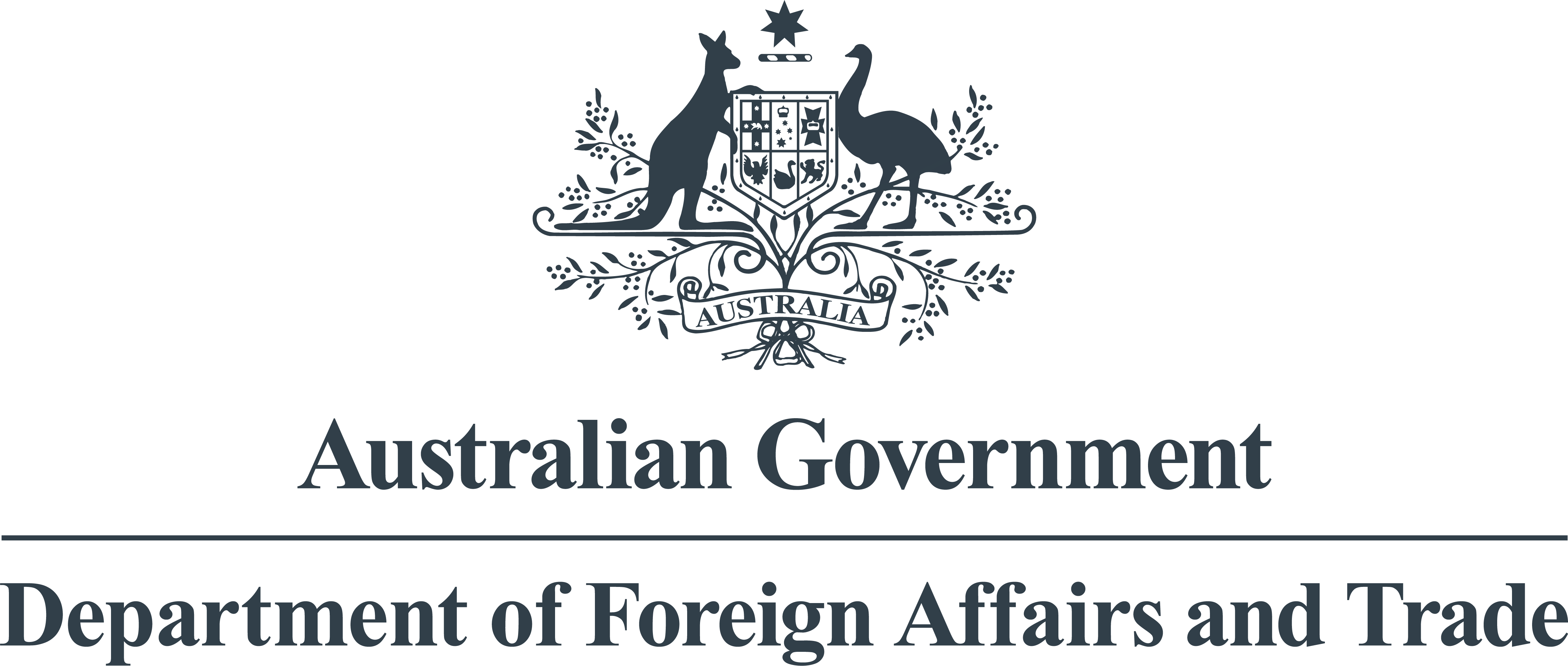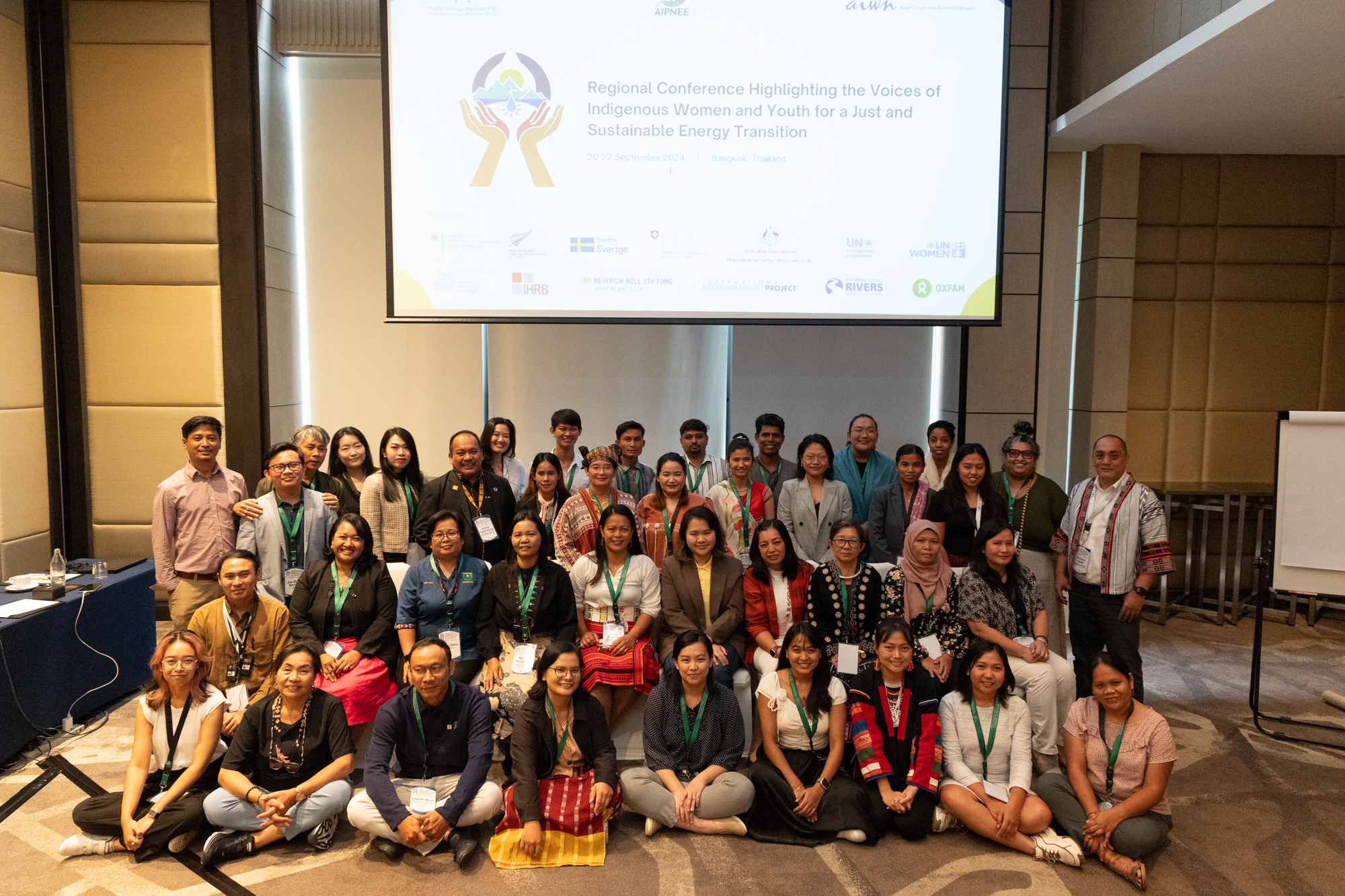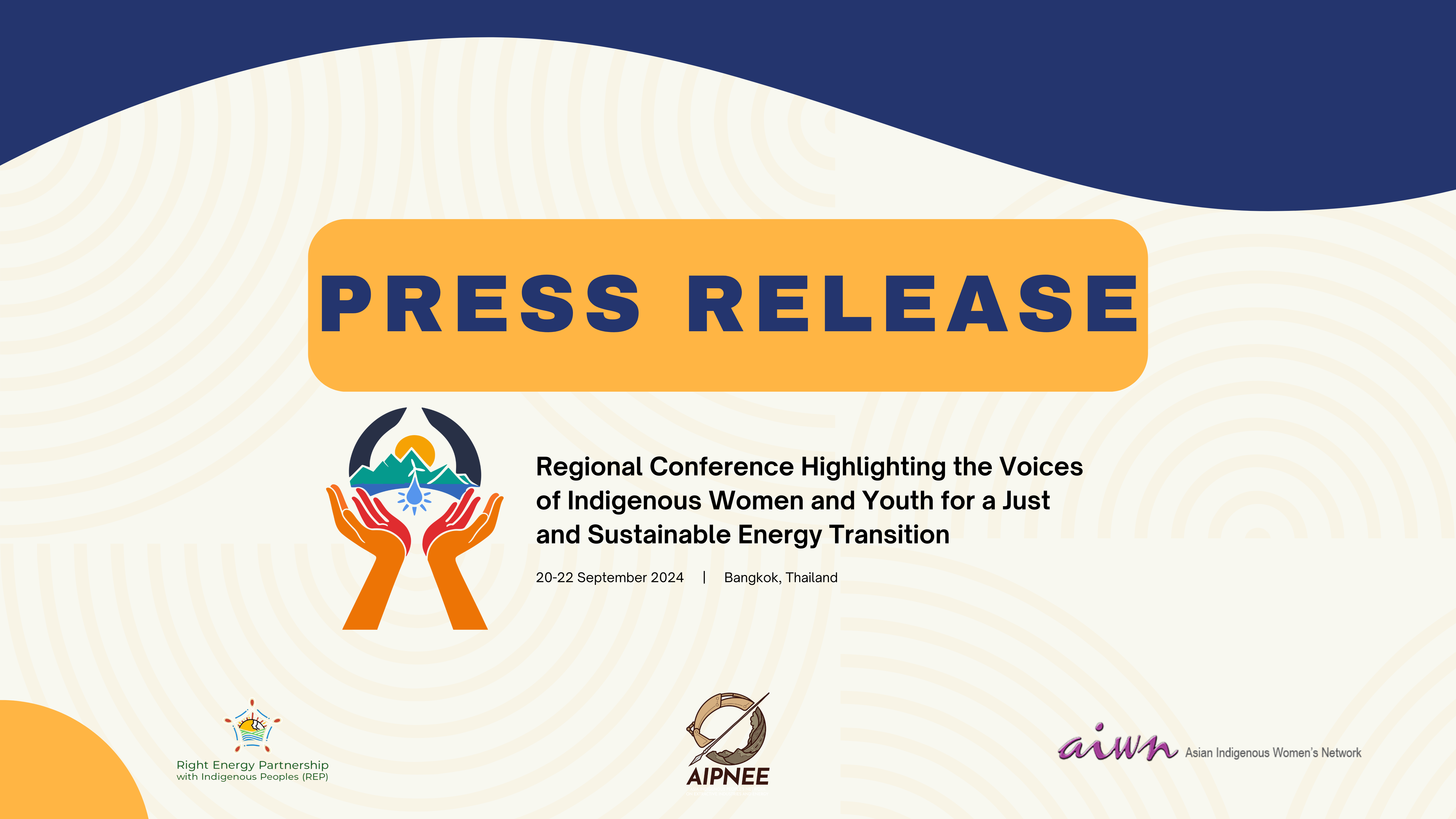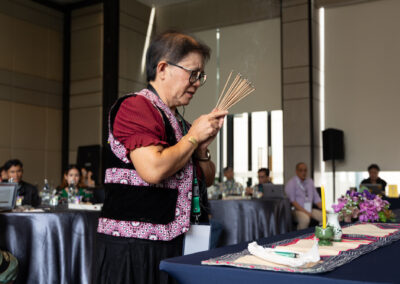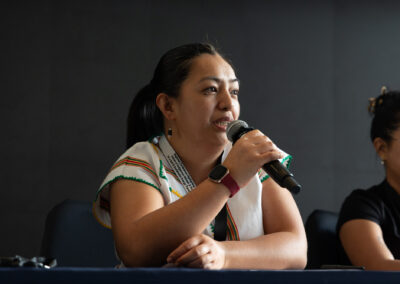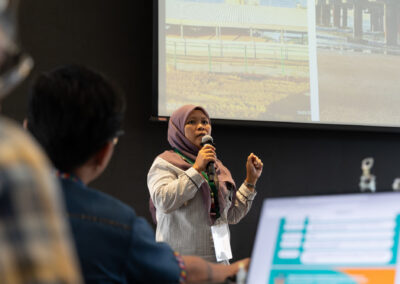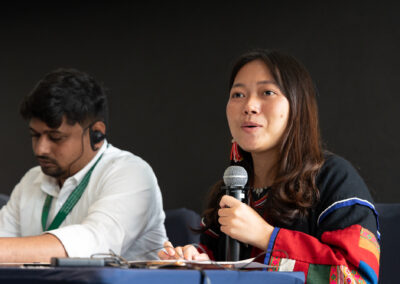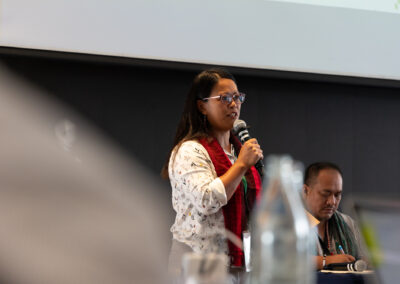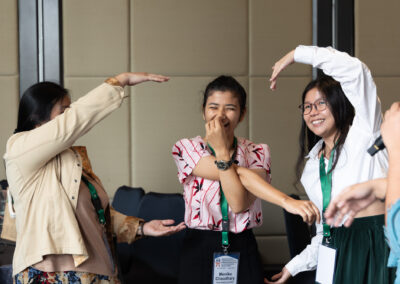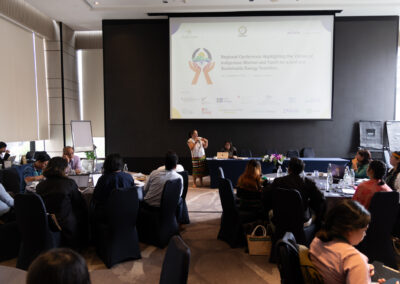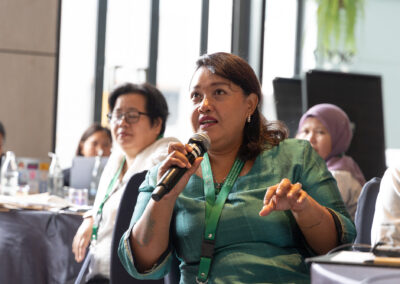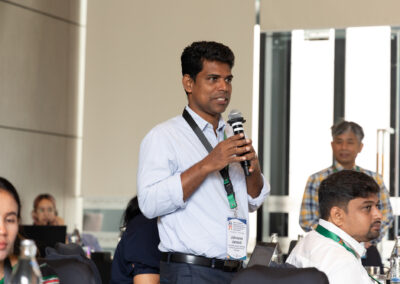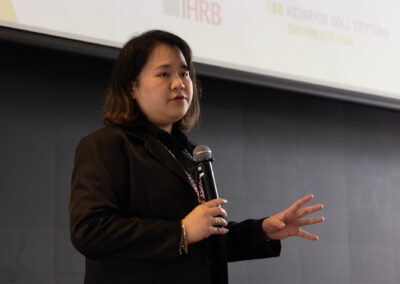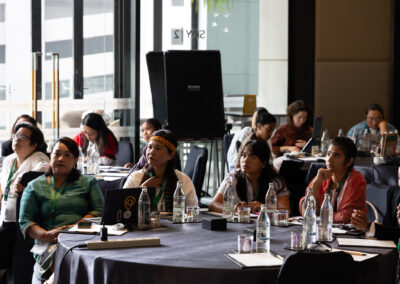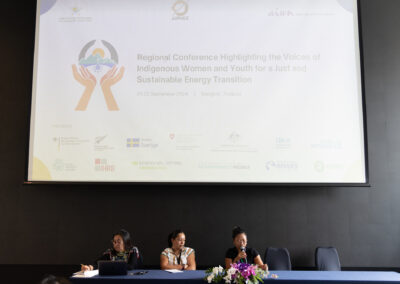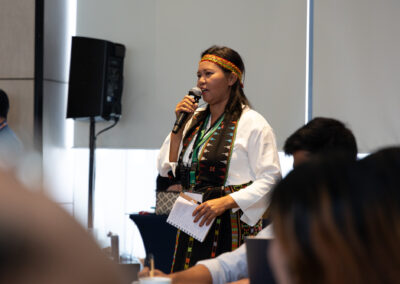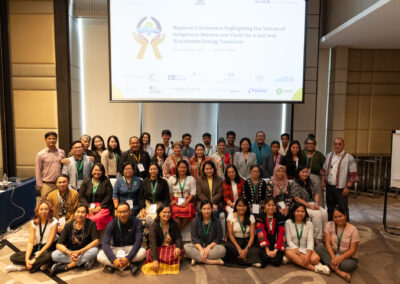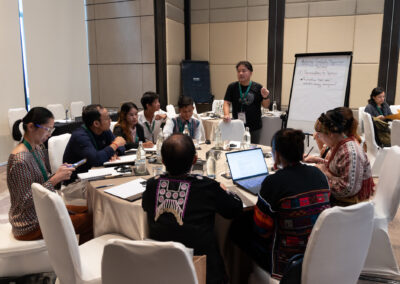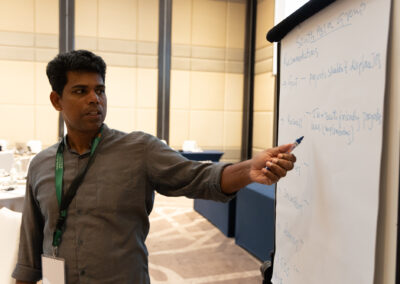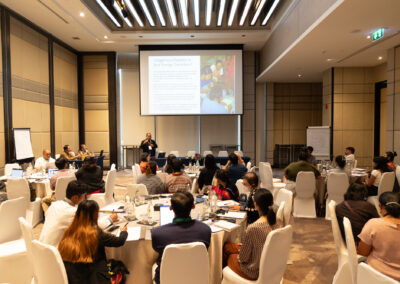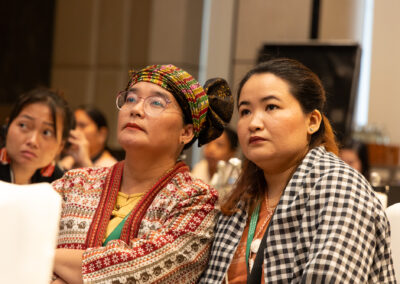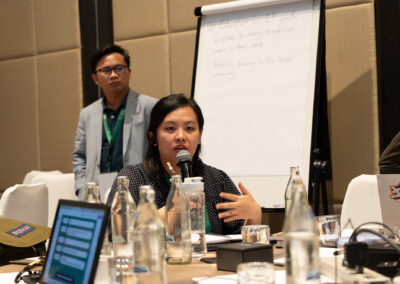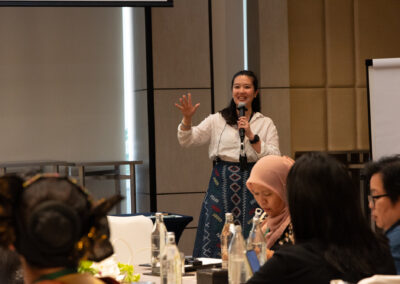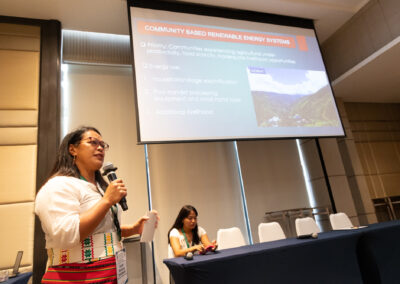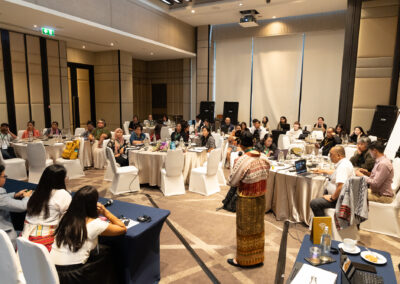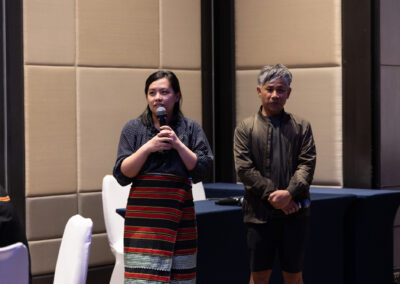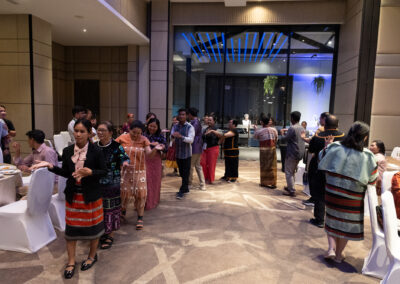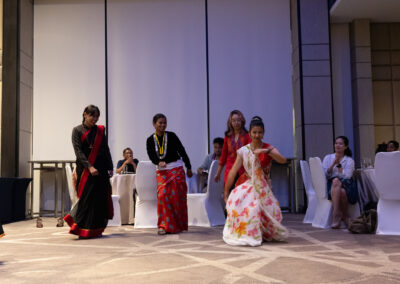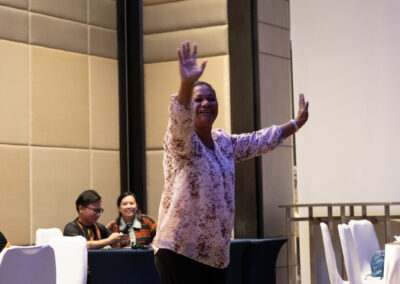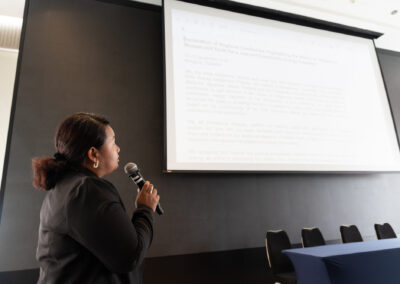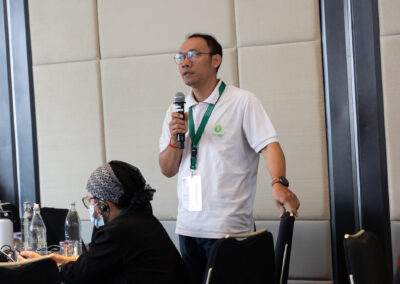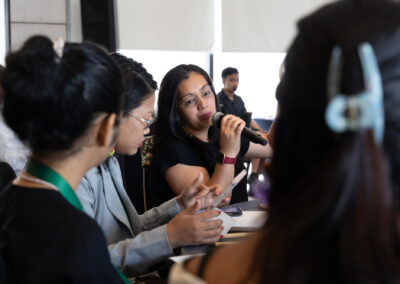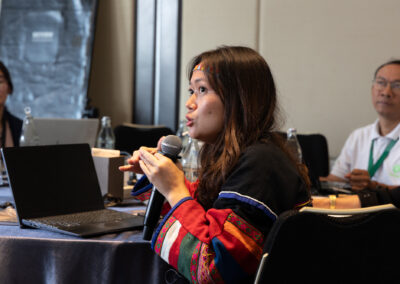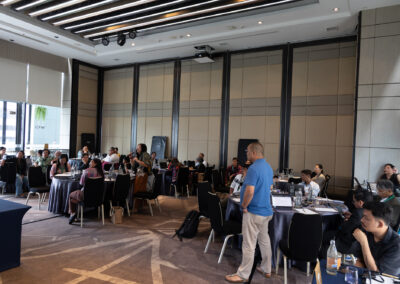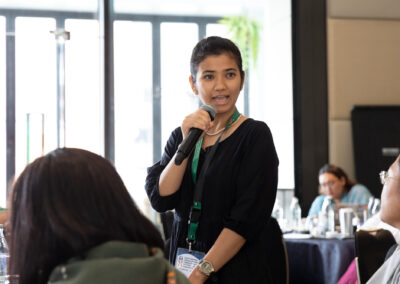
Regional Conference Highlighting the Voices of Indigenous Women and Youth for a Just and Sustainable Energy Transition
20-22 September 2024 | Bangkok, Thailand
Indigenous women and youth as agents of change in the Just Energy Transition
The transition from fossil fuels to renewable energy implemented without the respect of Indigenous Peoples’ rights is resulting in displacements, loss of livelihoods, and adverse impacts to the cultural integrity of affected Indigenous communities. Disproportionate impacts fall on Indigenous women and youth and persons with disabilities, whose voices are often marginalized and are challenged with access to decision-making spaces. Meanwhile, Indigenous Peoples have also been initiating community based renewable energy projects that address the lack of access to energy of individual households but also for the enhancement of Indigenous women’s livelihoods and education of Indigenous learners. These community based projects also strengthen the governance and management of the communities over their lands and resources.
Objectives

Highlight the specific concerns of Indigenous women and youth on renewable energy projects and mining of critical minerals implemented in their territories including recommendations for a truly Just Energy Transition

Provide a space for exchange among Indigenous women and youth, and support groups to strengthen their solidarity and plan of action for a rights based transition to renewable energy that takes into consideration their specific needs and priorities

Engage with UN agencies, private sector, and states for a Just Energy Transition for Indigenous Peoples in the region
This conference is a follow-through activity of the Conference on Indigenous Peoples and the Just Transition held in New York, USA, last 12-14 April 2024, where 87 Indigenous Peoples representatives from all over the world convened to address the pressing issues surrounding the transition to renewable energy and its impacts on Indigenous Peoples’ communities.
Partners












